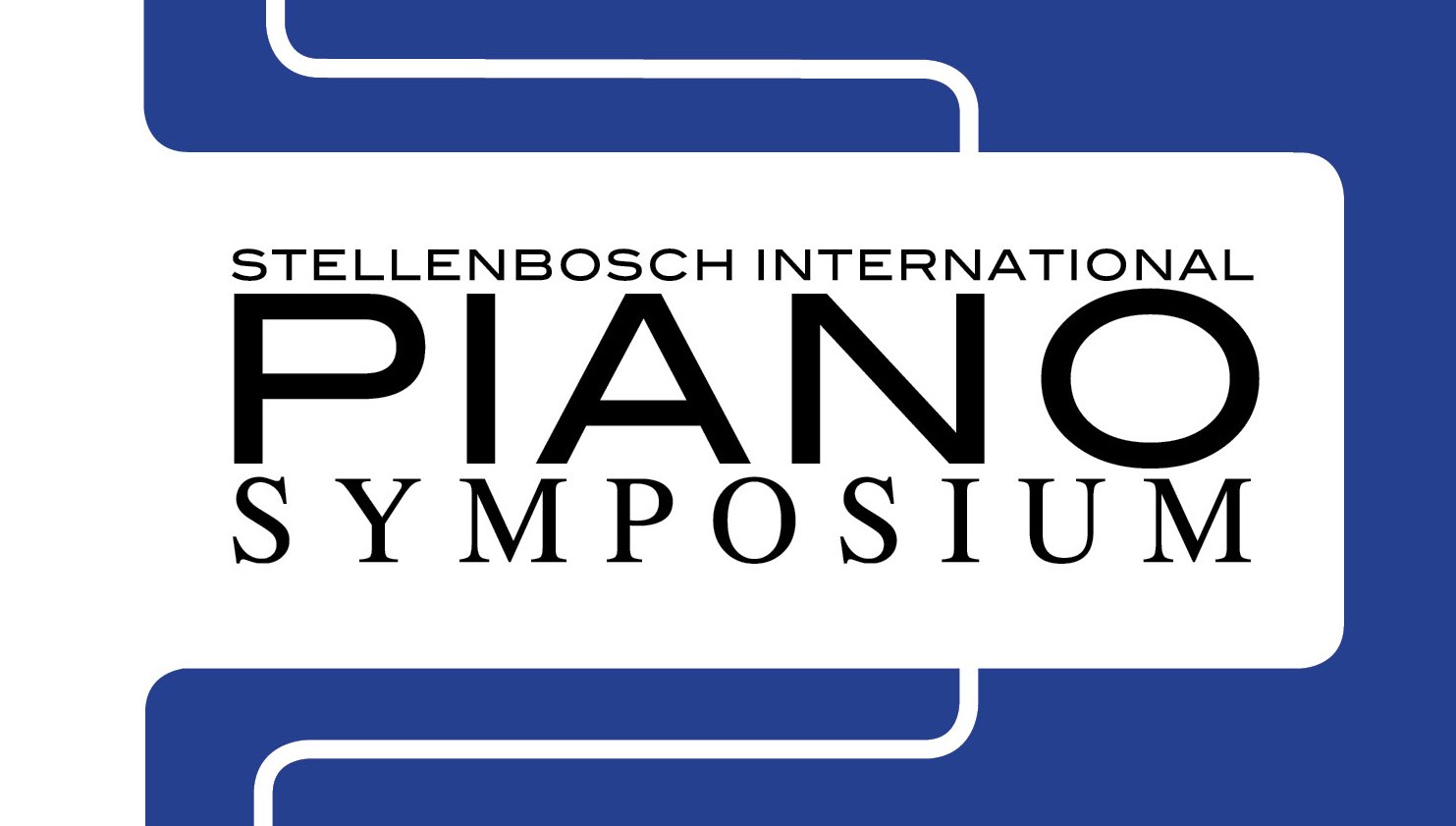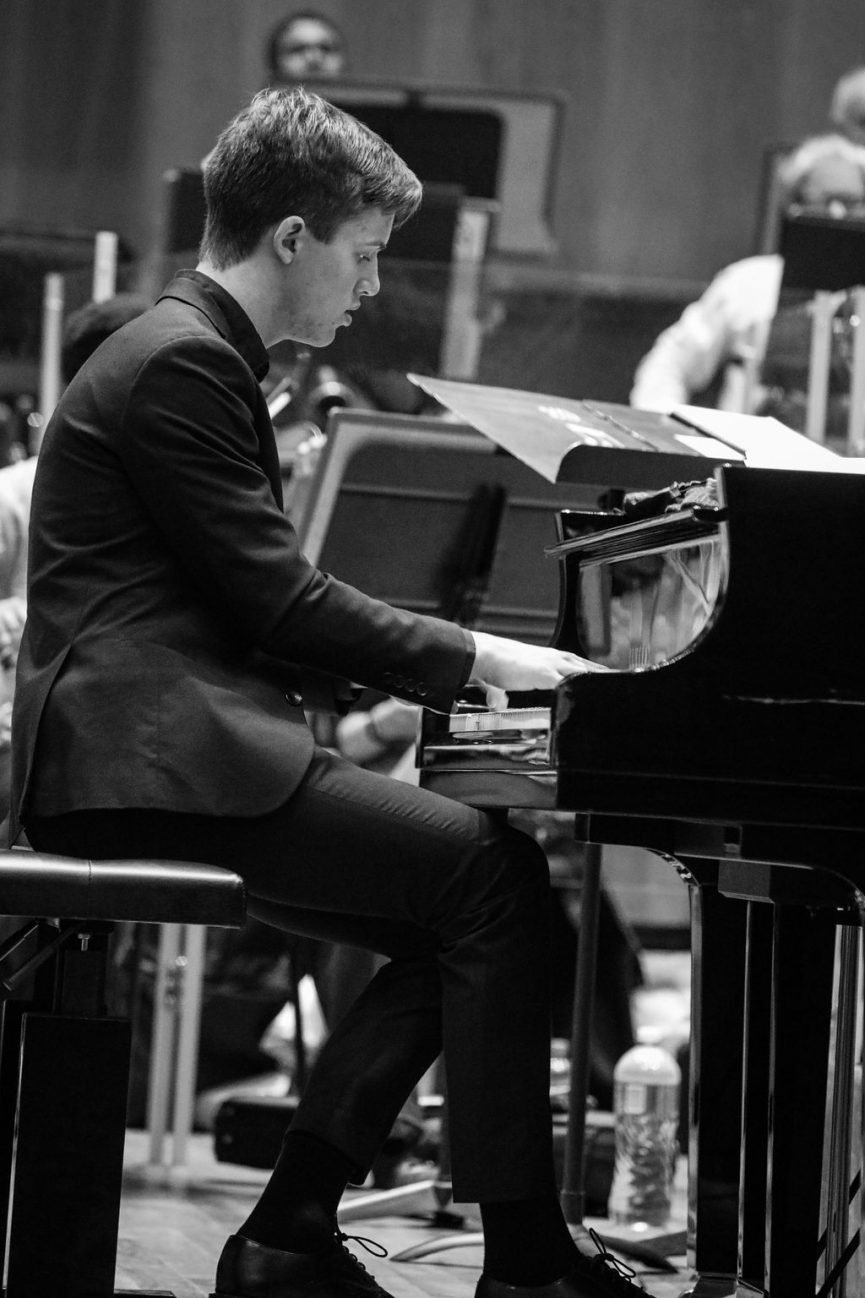On the second night of the Stellenbosch International Piano Symposium the atmosphere in the Conserve was one of anticipation. And then the Cape Town Philharmonic Orchestra entered the building. Suddenly there was an unmistakable buzz which was the prelude to the final of the Hennie Joubert Competition for high school learners up to 18 years and presented during the Symposium.
The competition had quite a bumpy ride since its inception in 1984. It was aborted in 2004 but resumed in 2011, thanks to the benefactor André Serfontein. And just when everything seemed to go fluently, along came the Covid pandemic and the 2020 presentation of this bi-annual concert had to be cancelled.
Nevertheless, the five conpetition finalists’ performances was astounding. How do they manage to learn a whole bunch of pieces for two preliminary rounds and a concerto while still at school?
Are they smarter and more skilled than the older generation; do they work harder or do they have better teachers? It is probably a combination of many factors and it is definitely for the benefit of classical music in South Africa. During my time at school in the 1960’s it was only single outliers who could manage a concerto before their twenties.
The level of technical skills and musicianship was noticeable and especially that of the overall winner, the 18-year-old Isaac van der Merwe. After a year with Albie van Schalkwyk, he is now a first-year student with Francois du Toit at UCT. In second place was the well-known Qden Blaauw, third Dané van Graan, in the fourth place Mikhaila Porter and fifth Vivianna Pearson. Afterwards Antonio Pompa-Baldi said it is a pity that the nature of competitions is to identify a winner, because they are all winners.
The concert on the following evening was by the faculty members. Don’t think, however, that we just go from one concert to the next! The days are jam-packed with lectures in the morning and masterclasses all afternoon.
But before I come to that, first a few words about the faculty members’ performances. In no more than ten minutes per pianist they grabbed attention and bowled one over with their insight in the music and the very refined way of portraying the essence of a piece. Ravel, Rachmaninov, Prokofiev, Liszt, Schumann, Messiaen, Gershwin and more spoke to us through the minds, hearts and fingers of these most talented pianists. What a privilege to have all of them at the Symposium, to be able to tap from them and to hear how they bring notes on a page to life.
Regarding lectures. Ben Schoeman, Tinus Botha and Sue Paterson-Jones took the audience into the depths of music and teaching. Sue embarked on a journey of research, after self-doubt in her student years led to a gap year before finishing her studies at UCT. She used the time to search for advice which would help her enjoy her music, whether practising or performing. She knew she was on the right path when she discovered the Alexander technique. It fixed some of her physical problems, but she still wasn’t totally satisfied. Some deviations in managing hands, fingers, fore-arm and upper arms were still troubling her. She kept on delving and came across the Dorothy Taubmann techniques which she also applies to her students with great success. At the next Symposium she might teach us about the next step in this ongoing journey.
Ben Schoeman’s lecture on “African Soundscapes in the piano works of Stefans Grové”, also touched on accents - how to distinguish between the various kinds of accents and its meaning in music It delivered a wealth of information.
Nina Schumann, head of piano at the US, says “the wonder of these lectures is that everybody can benefit from it. It stimulates discussions, as well as necessary interconnectivity.”
What struck me of the faculty members, is their immense knowledge while still being down to earth people who like to have fun and interact with students on their still undeveloped level.
At a Symposium such as this it is important for students to absorb as much as they can so that one day they can step into the shoes of these masters and carry forth the amazing richness of classical music.
Sometimes it feels as if your brain cannot take in more, but you march on. The next Symposium is in 2024 and you might not be so fortunate to attend, so now is the time.
– by Elretha Britz, an avid student and observer.

